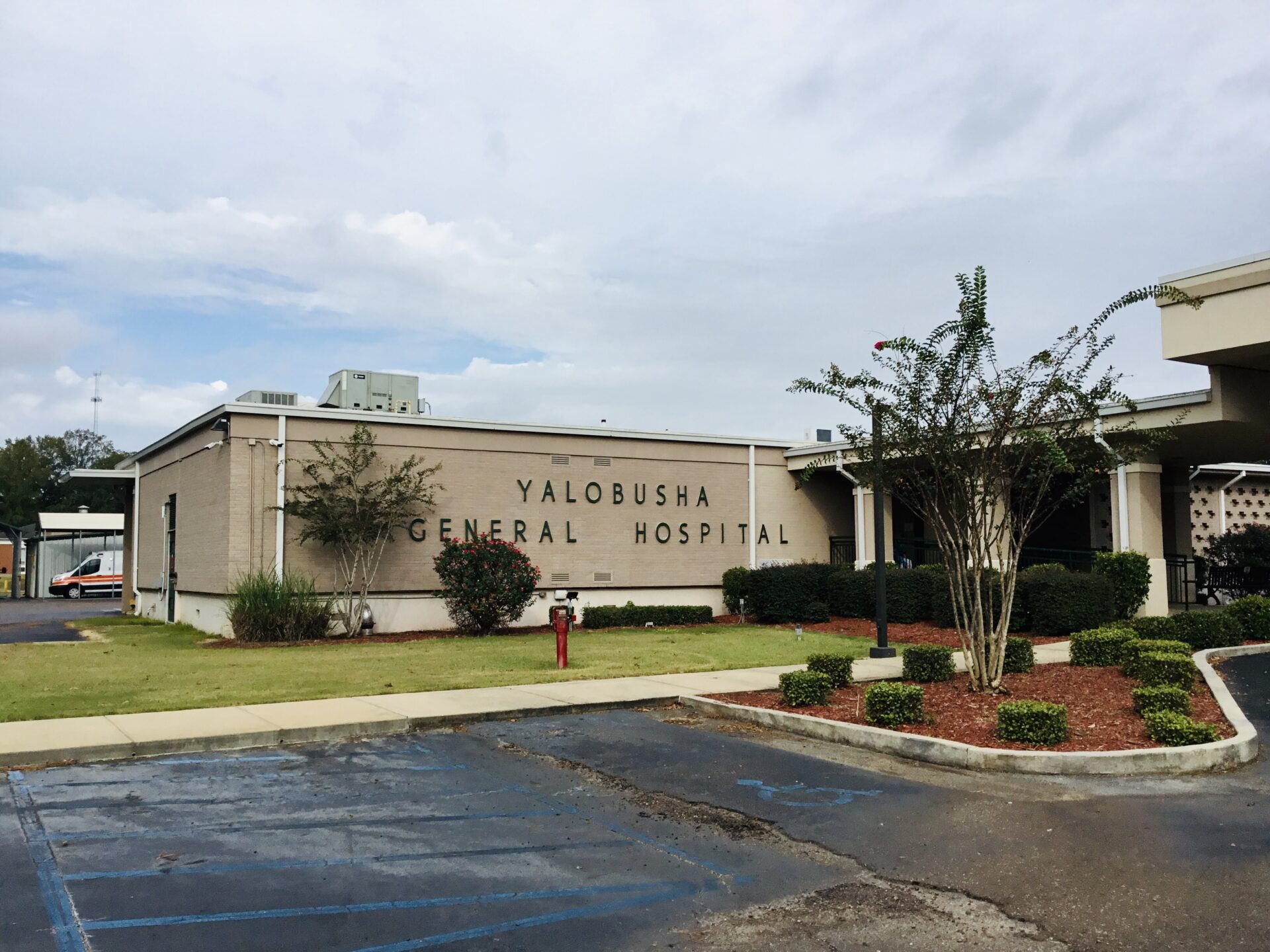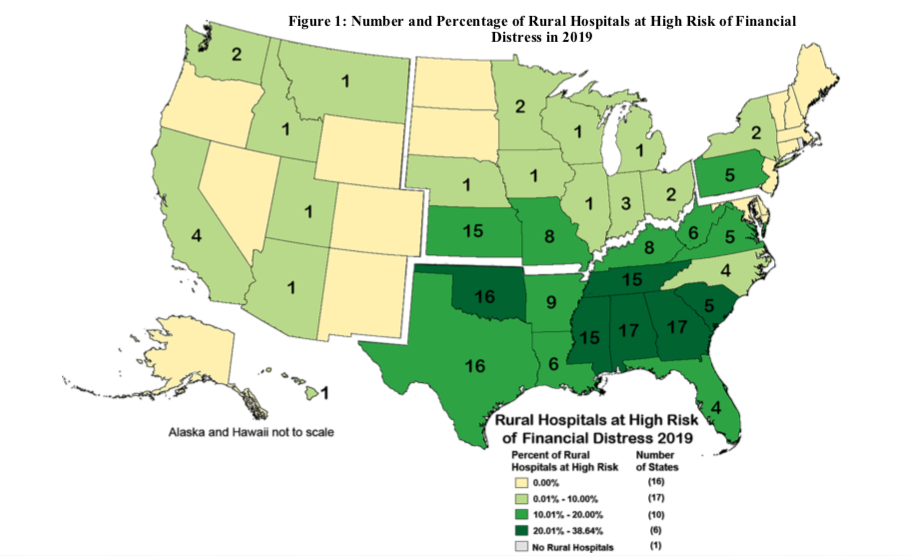By Julia Peoples
HottyToddy.Com Intern
jtpeople@go.olemiss.edu

Rural Mississippians get sick too, and Yalobusha General Hospital has shown continuous success in treating patients despite nationwide closures of rural hospitals.
The hospital, located in Water Valley, is a rural hospital that provides primary care, hospital treatment, and nursing home services.
The hospital is run by three females and two male physicians. Dr. Heidi Pratt, chief of staff, said that all of the doctors take care of their patients in any aspect needed.
“These doctors do a full clinic, follow patients through hospitalization if necessary, and take care of nursing home patients as well. You don’t see that often,” Pratt said, “We follow our patients where their needs take us.”
Across the state, only six hospitals, including Yalobusha General, offer a nursing home facility, primary care clinic and hospital all in one location.
Yalobusha General continues to extend the services offered, such as pulmonary rehab and physical therapy. Pratt said this is one way that they can increase revenue and better serve the community.
Rural hospital closure has been on the rise nationally. Since 2005, 155 rural hospitals have closed with 113 additional hospitals closing since 2010, according to the Cecil G. Sheps Center for Health Services Research at the University of North Carolina at Chapel Hill.
Financial distress trends are worrisome as well, with the North Carolina Rural Health Program reporting that 9.2 percent of rural hospitals nationally were classified as “high-risk,” while 18.7 percent of rural hospitals in Mississippi were “high risk.”

Pratt said the hospital began to face the financial reality of rural healthcare years ago by closing down the emergency room.
“Emergency rooms can’t turn anyone away, so it puts a lot of stress on the emergency room and the collections department. We have to keep it stocked, people have to work it 24 hours a day, there’s a lot of equipment needed to be prepared for anything,” Pratt said.
Now, she explained, the hospital admits patients through the clinic and if there is an emergency situation, the clinic will deliver the patient to the closest emergency room “by ambulance or by family.”
Before the closure of the emergency room, Pratt said the entire hospital was facing closure. After closing it, they looked at increasing revenue through the nursing home program.
“Our nursing home is usually filled to capacity with a waiting list. We have a 5-star nursing home, and that helps to keep the hospital afloat,” Pratt said, “It brings in more revenue than the hospital, where you mostly try to break even. But the nursing home helps keep the hospital viable.”
The hospital also started the Senior Solutions program— a service that provides adult outpatient psychiatric care for the region.
As far as financial struggles go, Pratt said the hospital faces many of the same obstacles as other rural health facilities.
“We take all types of insurance, so we see patients from many surrounding communities that can’t find a doctor close to them that will take their insurance. It helps us serve the community the best we can, but it can be an issue with getting reimbursements,” she said.
Pratt said that is why the nursing home is so important to the hospital. If it were to lose money, it can make up for it with the nursing home’s steady income.
“We’re doing well, but it’ll be interesting to see if we are able to continue to thrive in the environment that politics set for us,” Pratt said.

